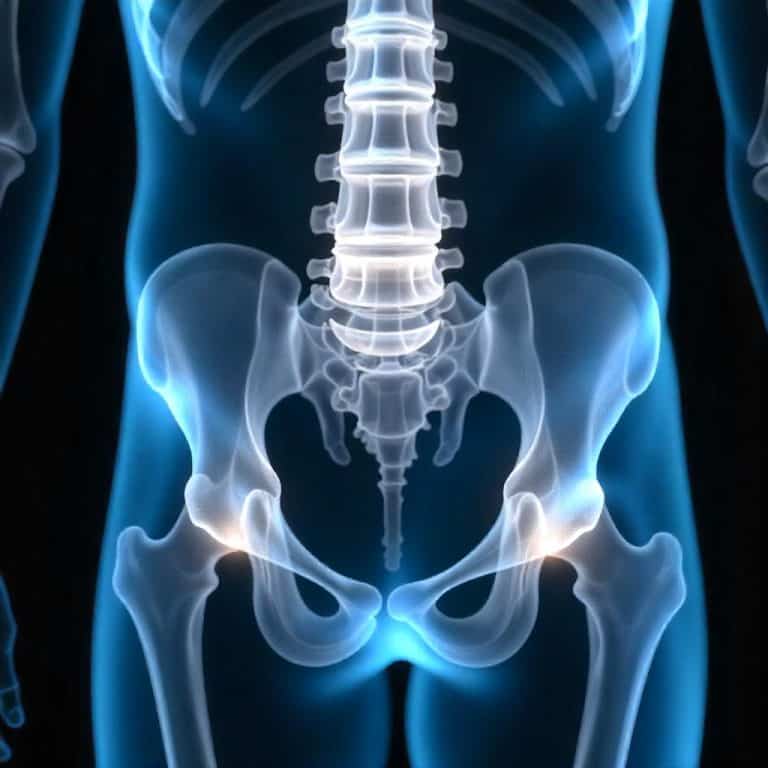Welcome to our bones and joints quiz! Are you ready to test your knowledge on the amazing structures that make up our skeletal system? From the strong and sturdy bones that support our bodies to the flexible joints that allow us to move, there’s so much to learn about how our bodies work.
In this quiz, you’ll have the chance to delve into the fascinating world of bones and joints. Discover the different types of bones in our bodies, learn how they grow and repair themselves, and explore the various functions of joints.
Get ready to explore the inner workings of your skeletal system and see just how amazing your bones and joints really are!
Play Bones And Joints Quiz
Instructions
- This quiz is multiple choice.
- Read each question carefully before selecting an answer.
- Choose the best answer for each question.
- You will see the missed questions with correct answers at the end of the quiz.
Quick Facts
- Our body has a framework made up of hard structures and connections called bones and joints.
- Bones are the solid parts that make up our skeleton, providing support and protection for our organs.
- Joints are the points where two bones meet and allow for movement in our body.
- There are different types of joints in our body, such as hinge joints that allow for bending and straightening movements.
- Our bones are made up of minerals like calcium and phosphorus, giving them strength and density.
- Joints are surrounded by cartilage, a smooth tissue that helps reduce friction and allows for smooth movement.
- Our bones and joints work together to help us walk, run, jump, and perform everyday activities.
- As we grow older, our bones may become weaker and joints may become stiffer, leading to conditions like osteoporosis and arthritis.
- Regular exercise and a balanced diet can help keep our bones and joints healthy and strong.
- If you experience pain or discomfort in your bones or joints, it’s important to see a doctor for proper diagnosis and treatment.
Downloads
Study Tips
- Create a study schedule and stick to it.
- Find a quiet and comfortable study environment.
- Remove distractions such as phones and social media.
- Take breaks every 25-30 minutes to avoid burnout.
- Use active studying techniques like summarizing, highlighting, and teaching concepts to someone else.
- Practice retrieval by testing yourself with flashcards or practice quizzes.
- Stay organized with notes, study guides, and resources.
- Stay hydrated and eat brain-boosting foods like fruits, nuts, and whole grains.
- Get enough sleep to improve memory retention and cognitive function.
- Reward yourself for reaching study goals to stay motivated.
